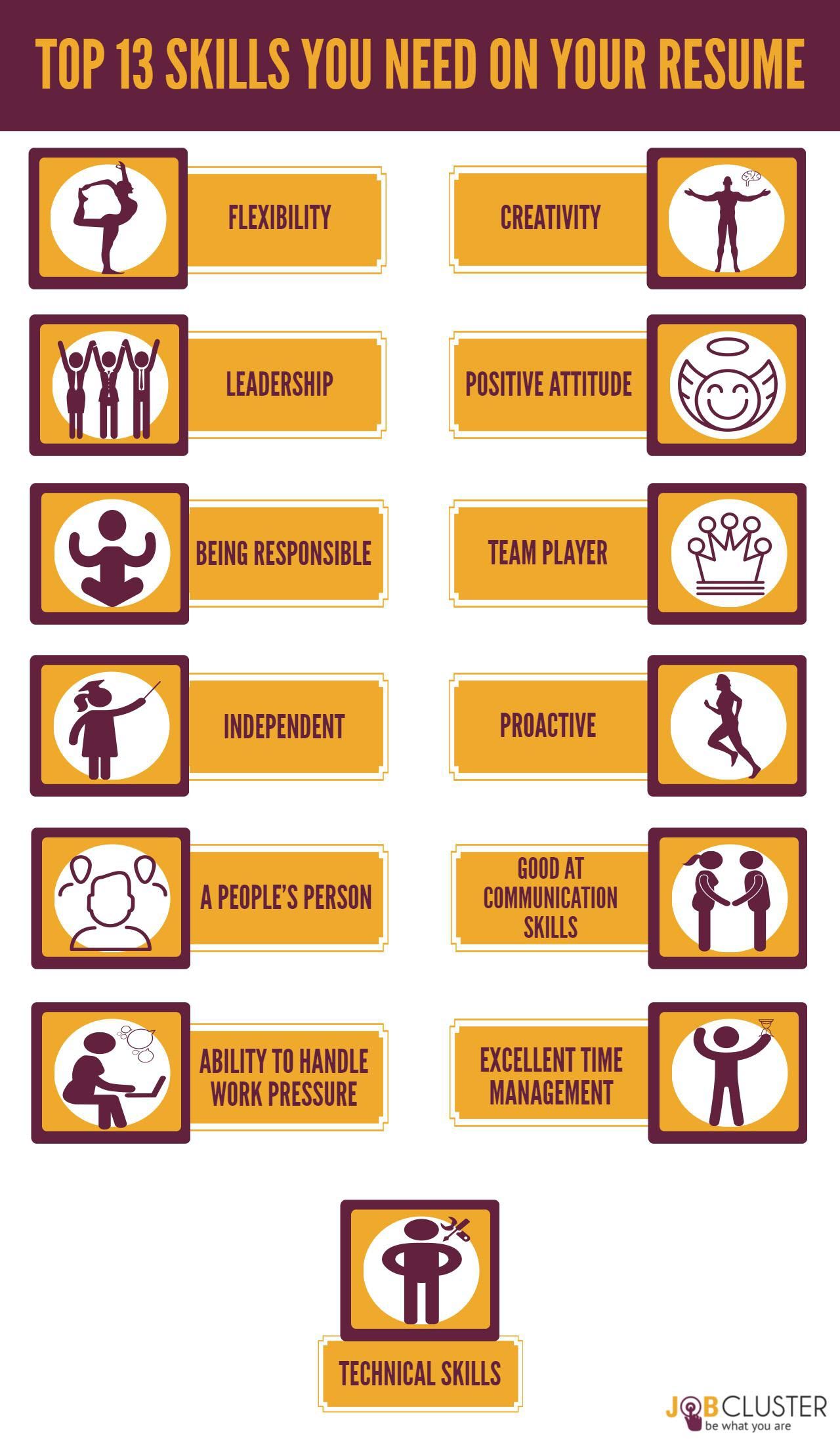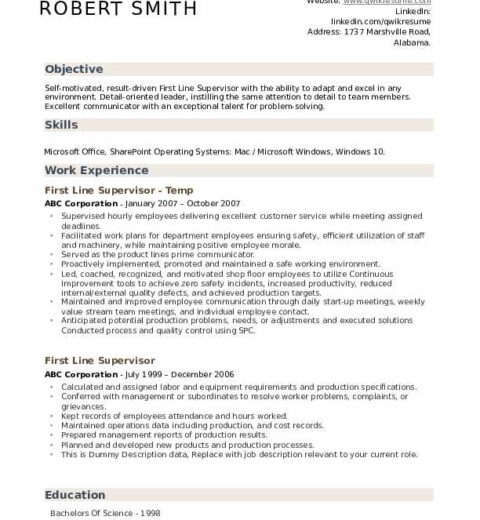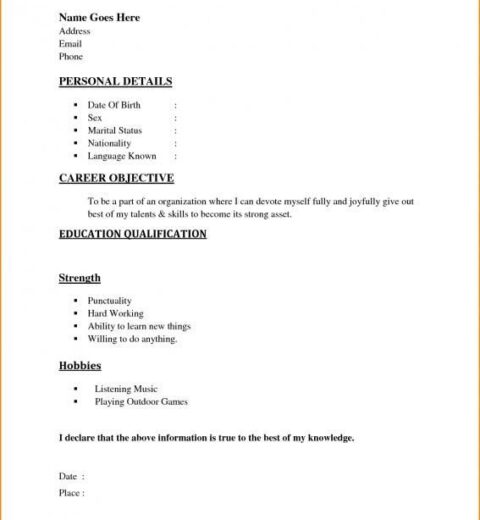In the competitive landscape of job hunting, the content of your resume can determine your trajectory. Employers sift through countless applications, seeking not just qualifications, but distinctive skills that can bolster their team. The question that looms large is, “What skills can I put on my resume?” The answer lies in showcasing a nuanced understanding of both hard and soft skills. This article aims to illuminate standout ideas that can elevate your resume beyond the ordinary.
Understanding Hard Skills versus Soft Skills
Diving into the intricacies of resume writing, it’s crucial to differentiate hard skills from soft skills. Hard skills are quantifiable and specific abilities acquired through education or training. These can include language proficiency, technical expertise like coding in Python, or familiarity with software programs such as Adobe Creative Suite. Soft skills, on the other hand, encompass interpersonal attributes that are equally vital in the workplace. Traits such as adaptability, resilience, and teamwork can set a candidate apart, emphasizing one’s capacity to thrive in diverse environments.
Identifying Industry-Specific Skills
Your resume should reflect skills pertinent to the industry for which you are applying. For example, if you are venturing into the realm of digital marketing, familiarity with SEO strategies and analytical tools such as Google Analytics could be vital. Similarly, in the healthcare sector, showcasing certifications in CPR or advanced knowledge in patient care methodologies becomes an asset.
Employers often look for candidates who possess a blend of both specialized knowledge and the ability to integrate smoothly into their company culture. Thus, aligning your expertise with industry expectations becomes imperative.
Highlighting Transferable Skills
Not all skills are confined to one niche. Transferable skills arise from experiences that can apply across various job sectors, making them exceptionally valuable. For instance, project management skills gained from leading academic projects or volunteer work can be applicable in virtually any field. Similarly, communication skills honed through customer service roles can translate seamlessly into sales or marketing positions.
Understanding and articulating these transferable skills is essential. They not only demonstrate versatility but also highlight a willingness to learn and adapt—a quality that employers often prioritize.
Emphasizing Problem-Solving Abilities
In an age where innovation reigns supreme, problem-solving abilities are paramount. Employers are often on the lookout for candidates who can navigate challenges with ingenuity. Whether through analytical thinking, creative solutions, or strategic planning, showcasing instances where you identified a problem and effectively resolved it can leave a lasting impression. Consider including anecdotes or specific examples of past experiences where your problem-solving skills were pivotal in achieving a goal.
Incorporating Leadership and Collaboration Skills
Even if you are not applying for a managerial position, having leadership qualities on your resume can be a major advantage. Leadership does not merely equate to holding a title; it encompasses the ability to inspire others, implement decisions, and foster a collaborative atmosphere. Highlight instances where you took the initiative or played a significant role in a team project. This could range from mentoring interns to spearheading community initiatives. Such experiences illustrate not only leadership but also the capacity for collaboration—a vital trait in today’s workforce.
Including Skills Related to Technology
In our digital era, technological proficiency is invaluable. Almost every field has undergone a transformation driven by technology, which calls for a familiarity with data management, cybersecurity, or digital communication platforms. Consider including skills such as proficiency in CRM systems, experience with data analysis software, or familiarity with coding languages. Highlight how you have utilized these tools to enhance performance or productivity in your previous roles.
Adapting to Remote Work Skills
The global shift toward remote working has introduced a new lexicon for skills that must be integrated into resumes. Skills such as self-motivation, virtual collaboration, and time management have come to the forefront. Highlighting your experience with remote work tools like Zoom, Slack, or Asana can demonstrate that you are equipped to thrive in a remote working model. Understanding how to manage expectations and maintain productivity in such a setting can further distinguish your candidacy.
Professional Development and Continuous Learning
Another way to enhance your resume is by showcasing a commitment to ongoing professional development. Employers highly value candidates who are proactive about learning new skills or enhancing existing ones. This can include online courses, certifications, workshops, or even self-taught skills relevant to the job at hand. Such pursuits not only reflect your passion for the industry but also signal a readiness to adapt to changing job requirements.
Utilizing Keywords from Job Descriptions
Moreover, integrating keywords from the job descriptions can fortify your resume against automated screening tools. Many companies employ Applicant Tracking Systems (ATS) that filter resumes based on specific terms. By incorporating relevant keywords related to skills, you increase your chances of passing through the initial screening. Scrutinize job postings to identify recurrent phrases or terminology and adapt your resume accordingly.
Conclusion: Crafting a Unique Skillset
In conclusion, curating a unique skillset to showcase on your resume demands a strategic approach. By blending hard skills with soft skills, emphasizing industry relevance, and considering the nuances of modern workplaces, you can formulate a resume that captivates potential employers. It’s about more than just listing abilities—it’s about weaving a narrative that underscores your professional journey while piquing the curiosity of hiring managers. As you embark on this endeavor, remember that your resume is not merely a document; it is a reflection of your potential to contribute meaningfully to the organizational tapestry.




